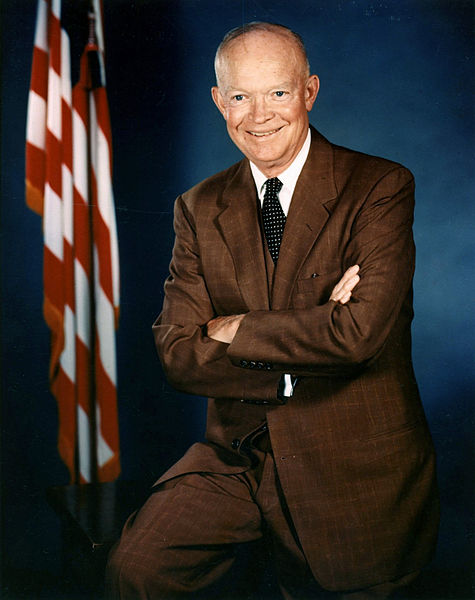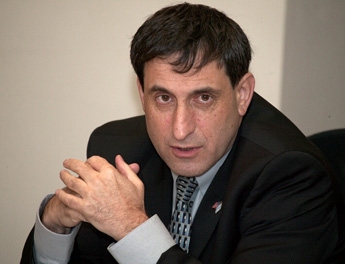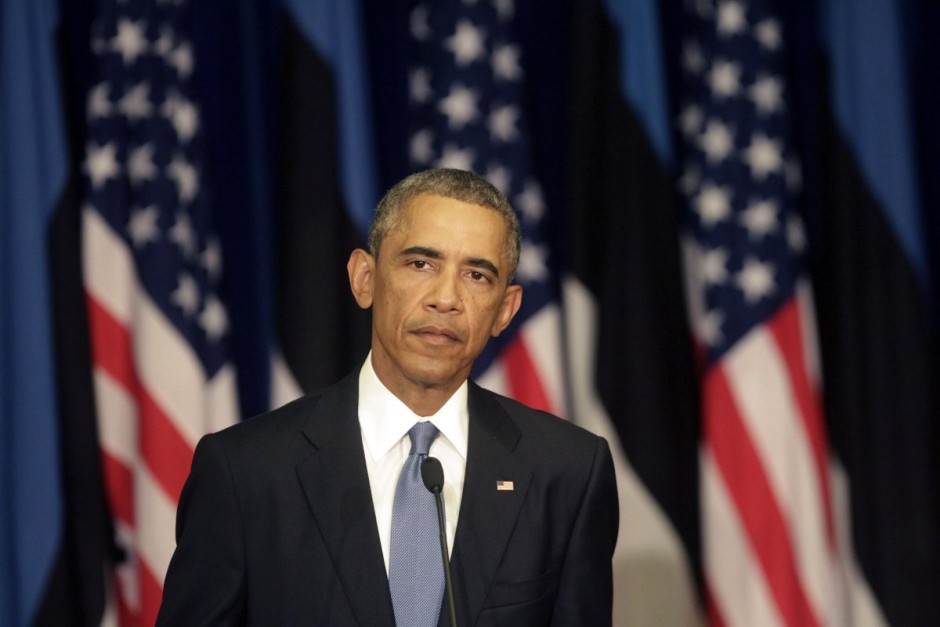
With their relationship having sunk to a nadir in the past year, U.S. President Barack Obama hopes to mend ties with Israeli Prime Minister Benjamin Netanyahu in the very near future.
Obama has invited Netanyahu for discussions in Washington, D.C. on November 9. It will be their first meeting since the autumn of 2014.
The United States and Israel are close allies and have been for decades, but of late, they’ve clashed over two fundamental issues.
In 2014, U.S. Secretary of State John Kerry essentially blamed the Israeli government for the collapse of peace talks with the Palestinian Authority. Kerry initiated and nurtured this round of negotiations.
This year, Israel vigorously denounced a nuclear agreement the United States and five other major powers signed with Iran in mid-July. Vociferously lobbying against it in league with the Republican Party, Netanyahu described it a “bad deal” and a mistake of historic proportions.
Due to these sharp disagreements, Israel’s bond with the United States, broadly based on shared values and common interests, has frayed at the edges.

The current tension, though, is hardly unprecedented. Since the presidency of Dwight Eisenhower in the 1950s, the two nations have quarrelled over a litany of issues, from Israel’s acquisition of an atomic arsenal to Israel’s refusal to withdraw from captured Arab lands.
Their differences today speak to the clashing visions of Obama and Netanyahu.
Much to Israel’s displeasure, the Obama administration has consistently denounced Israeli settlements in the West Bank as illegitimate and an obstacle to peace. And in accordance with its advocacy of a two-state solution, Washington has further upset Israel by calling for a complete settlement freeze and a return to the pre-1967 borders based on mutual land swaps with the Palestinians.
After months of preparations, Israel finally accepted Kerry’s invitation to enter into direct peace talks with the Palestinian Authority, led by President Mahmoud Abbas. These negotiations, the first serious ones since 2008, began in the summer of 2013, but soon floundered. Netanyahu opposed a full withdrawal to the pre-1967 lines. Abbas insisted on it. Netanyahu demanded that the Palestinians recognize Israel as a Jewish state. Abbas refused. These were among the stumbling blocks that doomed the talks from the very outset.
Given the impasse, the negotiations broke up. Kerry, in the end, laid much of the blame on Israeli intransigence. He had a point. Campaigning during the last Israeli election, Netanyahu assured voters there would not be a Palestinian state during his term of office, confirming suspicions that his commitment to a two-state solution in 2009 was merely lip service intended to mollify Obama.

Even if Israel agrees to withdraw to the lines that existed before the Six Day War, which is extremely unlikely, the Palestinians will be left with only 22 percent of historic Palestine. So, in a sense, the Palestinians have already compromised.
Netanyahu’s position on Iran — an Islamic theocracy whose leadership calls for Israel’s destruction and supports proxies like Hamas and Hezbollah — has been clear and straightforward. Iran’s nuclear infrastructure must be dismantled and its ability to produce weapons-grade uranium must be eliminated. In short, Netanyahu sought to defang Iran’s nuclear program.
Saudi Arabia, Iran’s Sunni rival, adopted a similar position, but Saudi King Salman publicly supported the nuclear agreement.
At the outset of the nuclear talks, the United States and Israel seemed to be on the same page, but subsequently, the Obama administration switched course. In exchange for sanctions relief, Iran — the preeminent Shiite power in the Middle East — would scale back and freeze its nuclear program by a significant degree over a period of 10 to 15 years.
In light of Iran’s visceral hostility to Israel and its continuing support for Hamas and Hezbollah, Netanyahu rejected this compromise formula and decided to fight the agreement every step of the way.
Last February, without first consulting the White House, he accepted a Republican invitation to address a joint session of Congress in March, thereby annoying Obama and worsening their relationship. The invitation was extended by John Boehner, the Republican Speaker of the House of Representatives.

In an impassioned speech, Netanyahu condemned the incipient nuclear agreement, suggesting it be overhauled. The American Israel Public Affairs Committee, a powerful pro-Israel lobbying group, backed Netanyahu to the hilt, spending some $20 million on an advertising campaign to scuttle the existing agreement. Obama sang its praises, saying it would cut off all pathways for Iran to assemble an atomic arsenal.
Angered by Netanyahu’s appearance before Congress, Obama snubbed Netanyahu, declining to invite him to the White House during his trip to Washington.
With Congress scheduled to take a vote on the nuclear accord by September 17, Obama branded his domestic and foreign opponents as “lobbyists” who had unleashed the same hawkish rhetoric that prompted the United States to invade Iraq in 2003. In a stinging rebuke aimed at Netanyahu, he told CNN that Israel’s interference in internal U.S. politics had been “unprecedented.”
And in a bid to assure wavering Democrats that the agreement would not impair Israel’s security, Obama promised to upgrade its defences, deter regional Iranian aggression and use military force against Iran should it “dash toward a nuclear weapon.”
Netanyahu’s denunciation of the agreement finds favor with the majority of Jewish Israelis, who claim that Obama is naive, if not hostile to Israel. But several former Israeli security officials, including Efraim Halevy, the ex-director of the Mossad, have expressed cautious support for the agreement.

Still other Israelis have been critical of Netanyahu’s hard-ball tactics in denigrating it.
Reuven Rivlin, Israel’s president, has taken him to task for having waged “a campaign against the United States as if the two sides were equal, and this is liable to hurt Israel.”
Sallai Meridor, Israel’s former ambassador to Washington, claims that Netanyahu did not behave in a bipartisan spirit.

Yair Lapid, Netanyahu’s former finance minister, has accused his former boss of having failed to cultivate bipartisan support in Congress and turning Israel into a conservative cause. In a scathing attack, he held him responsible for “the aggressive destruction of relations with the United States.”
Lapid has overstated his case. As Obama has said, Israel’s military relationship with the United States has never been on a higher level.
Still, Netanyahu’s personal relationship with Obama remains fraught. And the United States and Israel remain at deeply odds over the Palestinian issue and the Iran nuclear accord.
It will thus be surprising if Obama and Netanyahu succeed in overcoming their differences at their next meeting in November.
